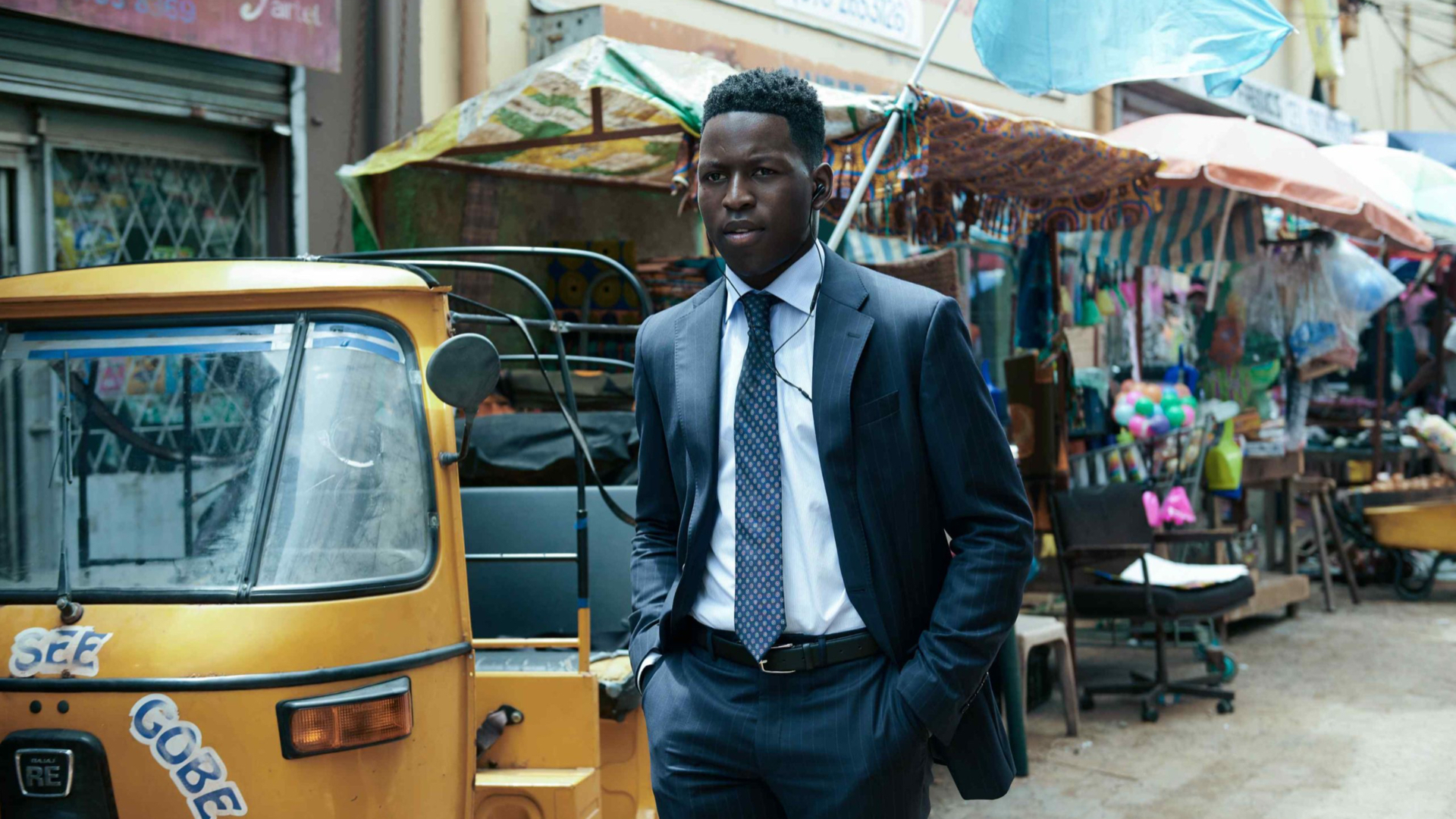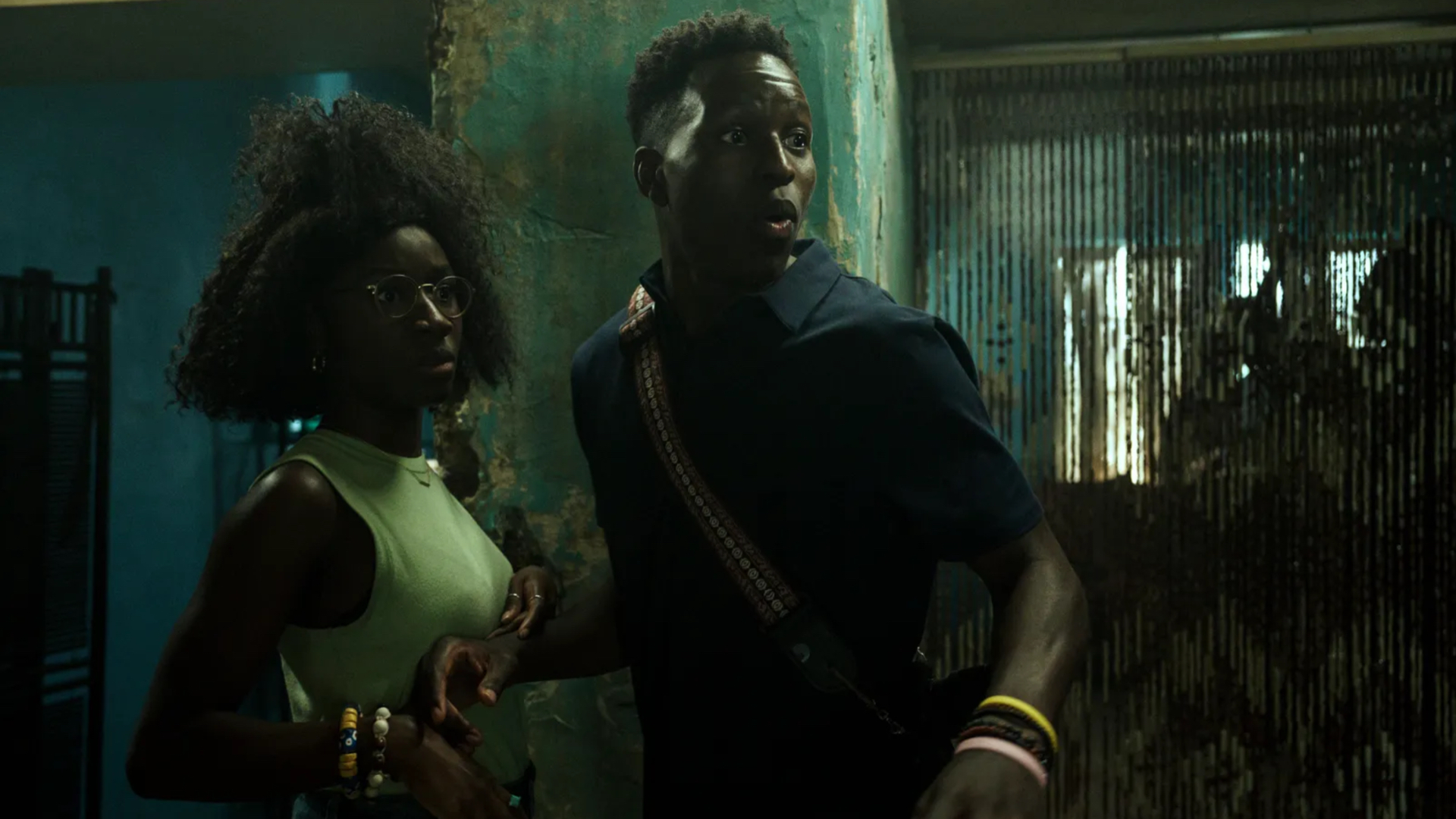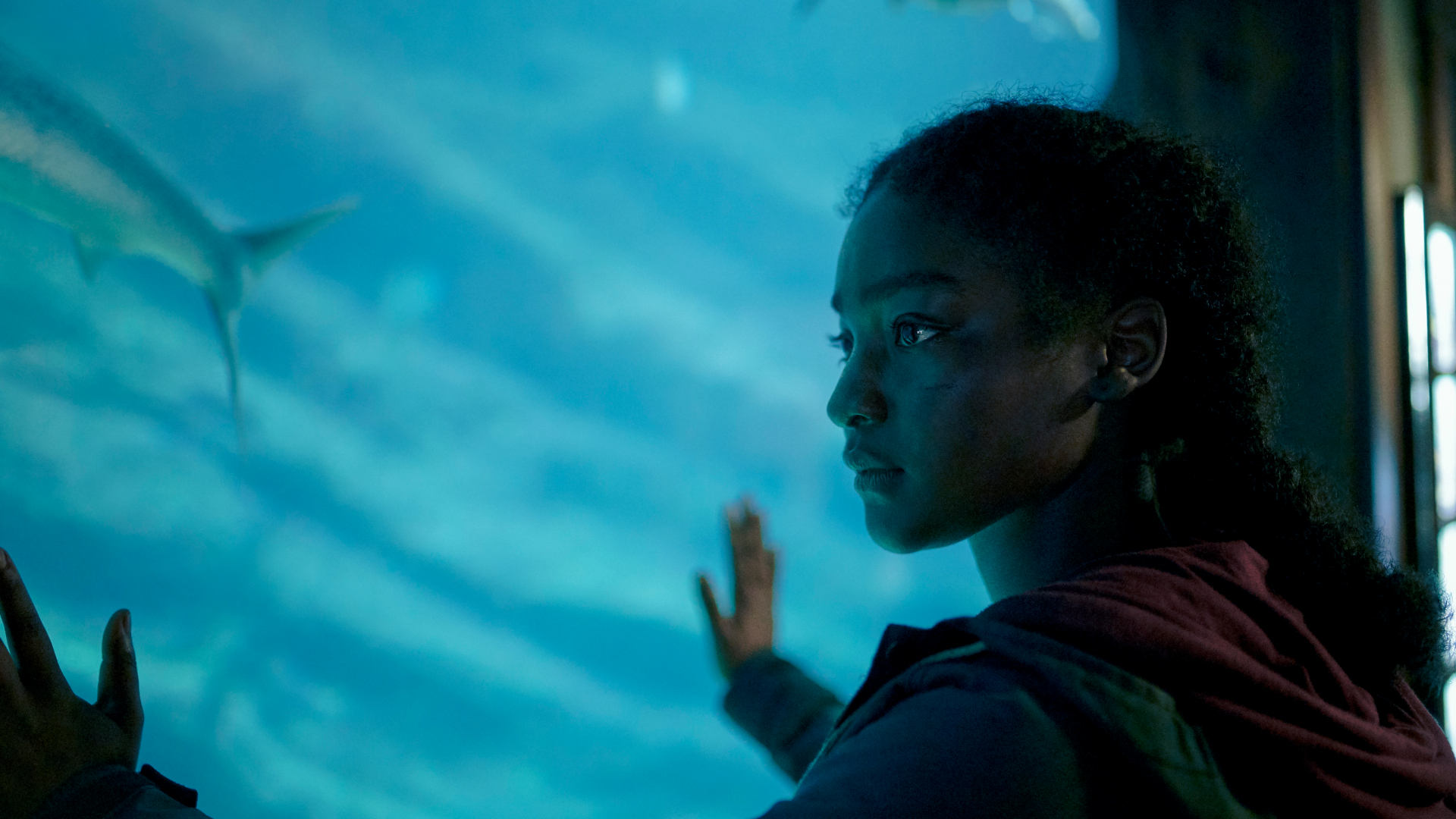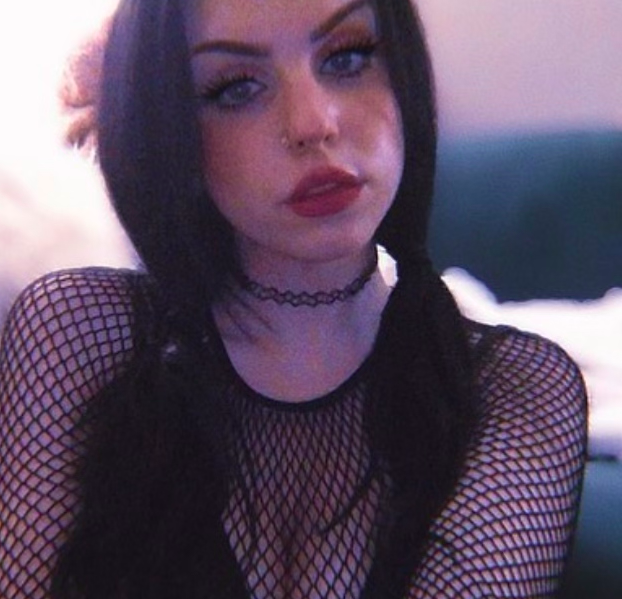The Power's Toheeb Jimoh on the show's urgent exploration of toxic masculinity
Total Film speaks to Toheeb Jimoh about playing a journalist in a newfound matriarchy on Amazon's The Power

Amazon’s The Power, based on the best-selling novel by Naomi Alderman, reimagines the world as one ruled by women who can electrocute people at will, making a clever and striking commentary on female empowerment in an otherwise patriarchal society.
Toheeb Jimoh plays Tunde Edo, an aspiring journalist from Nigeria who, after experiencing the Power firsthand, dives into a deep investigation that leads him to capture the first-ever on-video evidence that goes viral. The discovery of the Power takes him out of his comfort zone, out of Nigeria, and across the world.
Total Film speaks to Toheeb Jimoh about toxic masculinity, virality, and playing a journalist in a newfound matriarchy on Amazon's The Power. Here’s our conversation with Jimoh, edited for length and clarity.
Total Film: What brought you to the world of The Power? What was your knowledge of it before?
Toheeb Jimoh: I had heard like rumblings of it when I was at drama school – [the book] just kind of swept everyone. You would walk around and people would be reading this really exciting book – and I hadn't read it. When the email came in and was like 'you have an audition for this project,' the first thing I did was run to a library, and I stole the book from a library. They didn't have one on the shelf but I was like, listen, 'I have this audition for this TV show. It's a really big deal, are you sure you don't have a copy of the book?' [laughs]
She was like, 'there's one that we have for the book club, you could borrow it, but you have to bring it back.' So I took the book [laughs] and got really attached to it because then I started auditioning and thought, 'maybe this book is my good luck charm.' I did go back and pay for it – and I still have that copy. But when I read the book the first thing that I loved about it was its politics, and I loved the examination of if our society was flipped on its head.
I also loved the conclusions that it kind of came to. It didn't give us the most basic answer to the question. It played in the gray a lot. And I guess the answer to that question is, if any group has power over another group, our nature isn't always positive. I love that about it. I think that's a really interesting thing to bring up.
Bringing all the latest movie news, features, and reviews to your inbox
Tunde is one of the only male characters that we follow through this journey. How did you approach that and what did you think of that narrative choice?
I don't know that it changed my approach in any way, but I did think it was important that we have a male lens here while we get to flesh out all of these female stories. There was a really important question in what's it like now to be a young man growing up in this world where one of the main male archetypical traits isn't available for you? It was really interesting to explore how he finds his place in this new world, how he finds his power in this new world, how he finds a different kind of power in his platform and media presence, and what allyship looks like. I think he realizes very early on that he's been living with all of these privileges that he'd never really thought about, like, 'I've been blind to so much of this stuff for so long and now I just kind of want to help this thing along and I want to usher in this new world'. And, you know, men have to be a part of that. There is no way to really have the conversation about feminism or female empowerment without having men be a part of it because we are intrinsically linked to it. I thought it was great that we got the opportunity to see the world – and the Power – through Tunde's eyes as well as all the other women across the globe.

Tunde is the first person to upload this video to the internet and it blows up into what we call a viral moment, right? Do you think the show has something interesting to say about the nature of the internet and how things are?
Yeah, 100%. That's Tunde's journey. We're dealing with so many different types of power, whether that's media power, whether that's physical power, whether that's political power, or the power of religion. All of our characters are kind of dealing with one specific type of power and Tunde's is the power of the media. And I think right now so many young men are being exposed to a lot of toxic masculinity in the media space.
There are a lot of really powerful men who are choosing to use that platform almost entirely to promote these very negative and misogynistic views. If you have a platform, the messages that you spread are important, whether it's in a place like YouTube, TikTok, or Instagram. This is the stuff that young men are watching and listening to and even young women are seeing. I think that media space is really interesting because it forms the next generation, forms your opinions, and forms your mind. And if we get into a place where those conversations around feminism become a lot more polarized – i.e. if you're a man, you're on this side; if you're a woman, you're on that side – then there'll be no discourse. We're yelling at each other and it doesn't make any sense. I'm glad that in a way our show kind of is an antidote to that.
Tunde, in his media presence, is an antidote to that. He believes [the Power] will be a positive force for the world – maybe naively – but he's not toxic in that way. I'm glad that we get to follow a man who doesn't use his media presence to spread those messages.
Can you tease a bit about where we're going next with Tunde this season?
We're on episode five and where we find him at the moment – he very much believes this thing is a force for good, that this change needs to happen. It's about time and he wants to be a part of ushering it into the world. But I think what we'll start to figure out with all of our characters is that women have just as much capacity for danger or evil as men do. We're the same human beings and your lived experiences will dictate how you use this new power. And for some women, that's gonna be a positive thing. And for women who have completely different lived experiences whose lives are a lot more harrowing, they're not gonna be nice about it. So we'll start to realize that this thing is a lot more complicated than just 'women are in charge now and the world's gonna be great.' It's not that simple. It never will be that simple and it can't be that simple. And I'm interested to see people watch him go through that.

Of course, we're only in season one right now, but would you like the show and character to continue on into a second season?
Oh, absolutely. The book is amazing and I'd really love nothing more than to get to at least finish the book. I think it's a conversation that's so deep and so nuanced that one season isn't enough. And in the first season of the TV show, we don't cover everything that happens in the book. And I feel like near the end of the book is where we really start to get into the juicy meat of it. I'd love to get a chance to adapt that to TV as well. I've got my fingers crossed for a season two and a season three.
A lot of people know you and love you for Ted Lasso, and then with this show you're tackling sci-fi and drama. What kind of roles are you hoping to tackle in the future?
I think, in the same way that Ted Lasso and The Power are very different shows, that that's what I want for myself. I want to have the ability to span all mediums, whether that's TV, film, theater, etc. There's much that I haven't done before. This is my first sci-fi thriller. Ted Lasso is my first comedy show. I'm at a stage now where I'm still really young in this industry and I want to do everything. I want to do an indie film, I want to do a big action film, I want to do blockbusters, I want to do rom-coms, I wanna do everything.
While they're very different shows, there are some similarities too. How does Ted Lasso's Sam Obisanya compare or contrast with The Power's Tunde Ego?
On paper, they are very different shows, but when you get to the heart of it, Ted Lasso is a show that's exploring what masculinity can be like and the power for good that it has if it's reframed and if we reexamine it. The Power is doing a similar thing. It's talking about what masculinity looks like or can look like, and what femininity can look like, and how those things can coincide and so at the heart of it, the shows aren't that different from each other.
They're both appealing to the best nature that we have as people and both shows are trying to make the world a better place, as cheesy as that sounds. And I love that. I think that's the space that I wanna be in as an artist. I wanna be in a place where whatever art I'm making can aid conversations that we're having in our society. And I think both shows do that.
The Power is streaming on Prime Video with new episodes dropping every Friday. Check out our interviews with Jimoh's co-stars Toni Collette, John Leguizamo, Eddie Marsan, and the rest of the cast. For more, check out our list of the best new TV shows coming your way in 2023 and beyond.

Lauren Milici is a Senior Entertainment Writer for GamesRadar+ currently based in the Midwest. She previously reported on breaking news for The Independent's Indy100 and created TV and film listicles for Ranker. Her work has been published in Fandom, Nerdist, Paste Magazine, Vulture, PopSugar, Fangoria, and more.
- Fay WatsonDeputy Entertainment Editor


